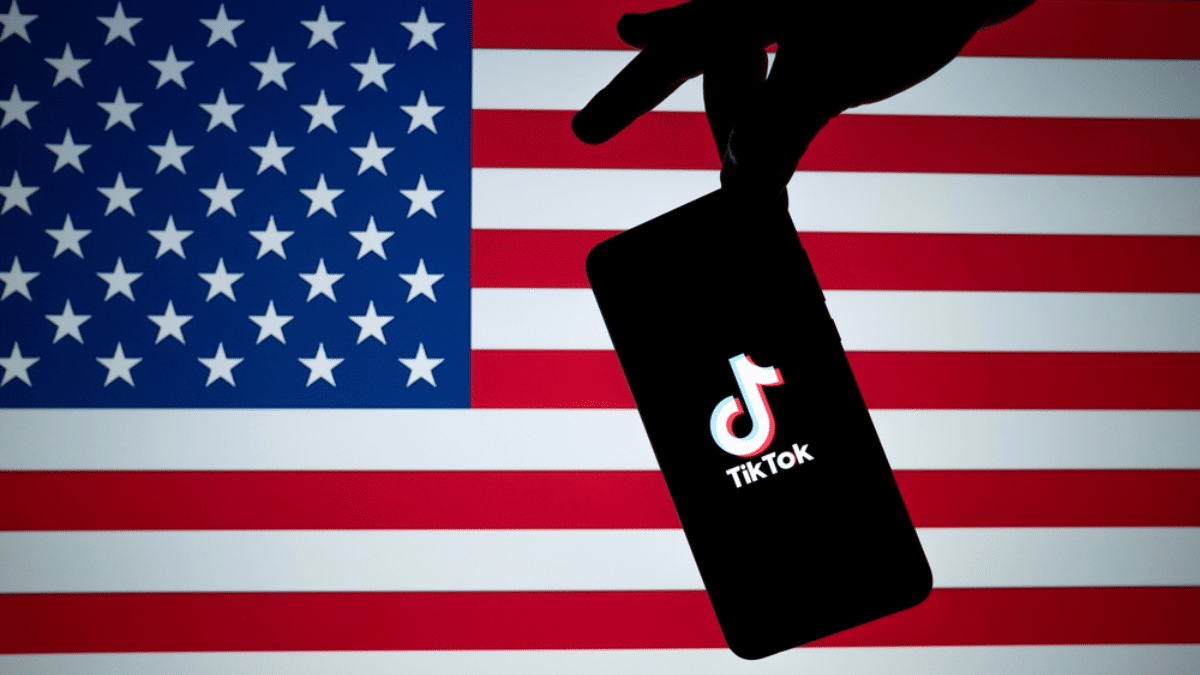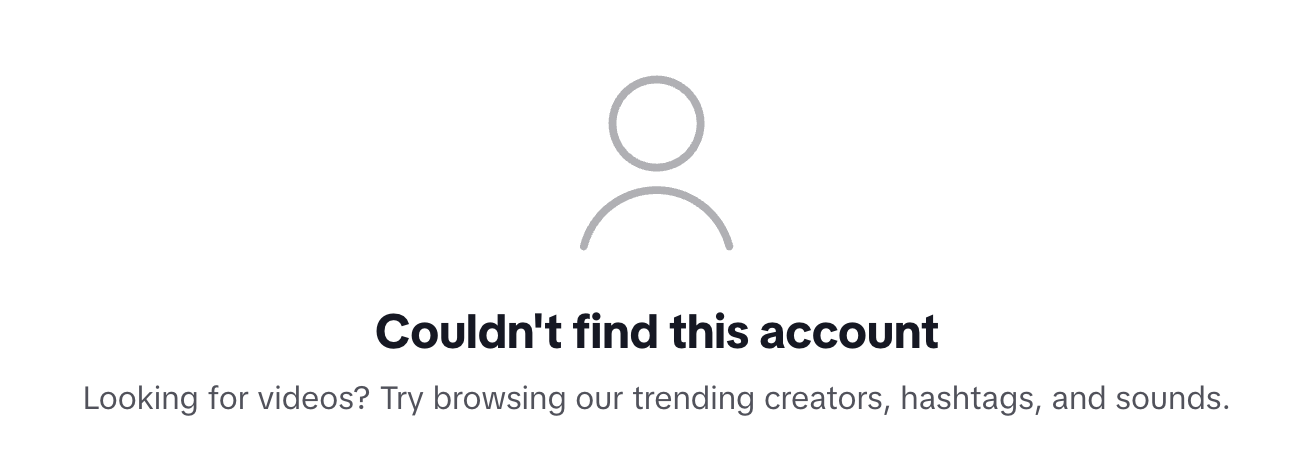Members of Congress Don’t Dance on TikTok
Anupam Chander, Donara Aghanjani, Alyanna Apacible / Nov 28, 2023This article has been corrected. It initially reported the existence of an account that seemed to be from Senator John Boozman (R-AR), but Senator Boozman's office informed us that it was an imposter, and TikTok has since taken it down.

Shutterstock photo.
If the mantra of campaign managers is to go where the people are, one might expect politicians to go to TikTok, which reports more than 150 million active users per month in the United States. But our study of Congress found that less than one out of every ten members of Congress has a TikTok account from which they post content. Only 34 Representatives and 7 Senators have an official TikTok account. The data we collected can be viewed here.
Why are most members of Congress avoiding TikTok? Congressional reticence to use TikTok likely arises out of its ownership by a company headquartered in Beijing, China. Many American politicians have accused TikTok of being a pawn of the Chinese Communist Party, though they have not backed up these accusations with recent evidence. (In 2019, TikTok did acknowledge the suspension of an account that criticized the Chinese government’s treatment of the Uyghur population, but TikTok claimed that the suspension was a mistake.) TikTok has admitted that certain data of TikTok users has been accessed by company employees from China (who were trying to track down how company information was released to reporters).
Given concerns that the app is a vector for foreign propaganda, surveillance, or both, it is not surprising that most federal politicians have elected to avoid it. TikTok’s CEO Shou Chew has vehemently denied that it is used either for propaganda or surveillance. In December 2022, Congress nonetheless included in the defense authorization bill a ban on TikTok on government devices. The Trump Administration famously sought to ban TikTok in 2020, but that effort was rebuffed by federal courts. The Biden Administration has also threatened to ban TikTok across the country unless it is sold to an owner from a more friendly country, though more recently the Administration has reopened negotiations to allow the app to continue in the U.S.
But as Politico has pointed out, banning TikTok may be difficult because “To campaign strategists, it’s absolutely necessary.” This is especially so for Democratic campaigns, Politico suggests. Our data provides additional evidence for this view.
A striking feature of TikTok Congressional usage is that the distribution of accounts varies dramatically by political party, with Republicans less likely than Democrats to have a presence on the app. We found an account that seemed to be from Senator John Boozman (R-AR), but Senator Boozman's office informed us that it was an imposter, and TikTok has since taken it down.
Florida Republican Congresswoman Maria Elvira Salazar had an account when we first collected our data, but has deleted it since. A Google search conducted on November 10, 2023 showed this result:

But clicking on the link on Nov. 12th leads to this error:

So what of the Democrats?
Senator Bernie Sanders (D-VT) holds the record for the most viewed TikTok by a US politician. It consists of excerpts of a speech that argues that we are moving towards an oligarchic society. It clocks in at 4 minutes and four seconds–an eon on TikTok, where fifteen seconds is closer to the norm. This seems to defy conventional wisdom as to what might go viral on social media. Sen. Sanders, an octogenarian, was also the first U.S. Senator to open an official TikTok account.
We might have anticipated that Rep. Alexandria Ocasio-Cortez (D-NY) would have had the most widely viewed TikTok because of her well-known use of social media. In fact, the single most popular TikTok from a member of the House was from North Carolina Rep. Jeff Jackson (D-NC), with a two minute video explaining what happened with the Silicon Valley Bank run and subsequent rescue, and reminding Americans that their bank accounts were well-protected. The video received some 4.6 million likes.
Three Democratic Senators – Kirsten Gillibrand (D-NY), Patty Murray (D-WA), and Jon Ossoff (D-GA) – have not posted to TikTok since 2022. Sen. Ossoff’s decision not to post in 2023 is especially meaningful because he had proven to be highly successful on the app, with half-a-million followers and one viral post that had 3 million views.
Of course, the absence of official Congressional Republicans on TikTok does not mean that their views are not represented on the app. There are plenty of voices promoting conservative causes on TikTok, though some have complained about being censored or shadow banned. Republican presidential hopeful Vivek Ramaswamy opened a TikTok account, even while denouncing the app as “digital fentanyl.” He explained his choice, arguing “You can’t play in the game, and then not play in the game, so we’re here.”
The reference to “we” in this statement reveals an important truth about many of these politicians’ social media accounts. Many of them are really handled by social media managers, not by the candidates themselves. Senator Cory Booker (D-NJ) and Rep. Ocasio-Cortez, on the other hand, do pick up the phone and record themselves–seeking to create an authentic connection to their constituents.
As the 2024 election nears, it will be interesting to see how Congressional use of TikTok evolves. Will challengers to incumbents be more likely to use TikTok to promote their message? Will some decide that the reach enabled by TikTok is worth any risk that its use entails and any political criticism that may follow? In any case, with this snapshot of lawmaker engagement with the app from last month, we will have a benchmark to compare the evolution of politicians’ use of TikTok in the United States.
Authors


